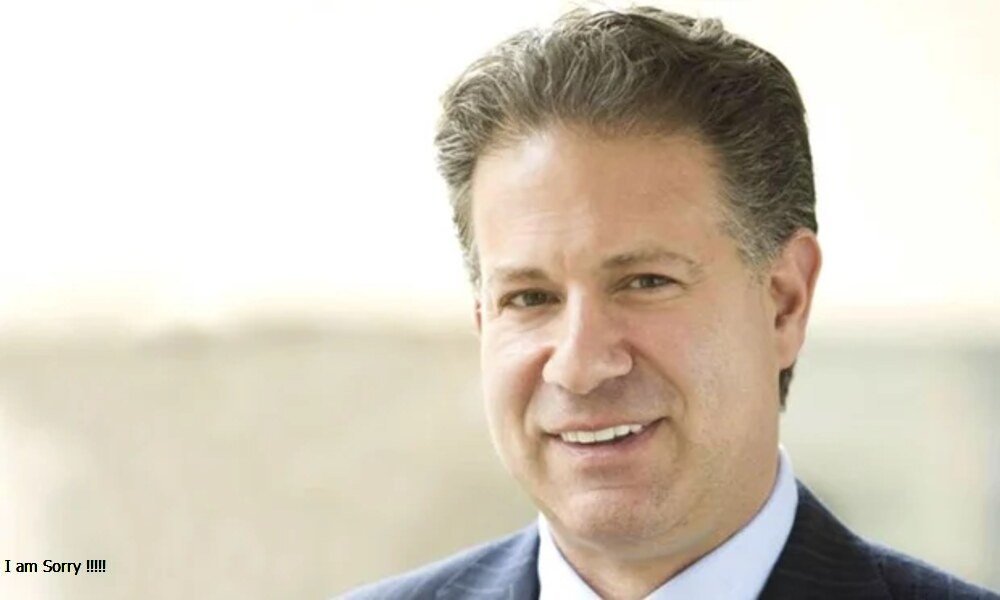Introduction
William Finbar Kennedy is a name synonymous with environmental advocacy and sustainable leadership. As a member of the renowned Kennedy family, he has upheld the legacy of social responsibility and public service while carving his own path in environmental conservation. His contributions to marine preservation, climate activism, and ecological sustainability have positioned him as an influential advocate in modern environmental movements.
In a time when global ecosystems face unprecedented challenges, figures like William Finbar Kennedy play a crucial role in fostering change. Through education, activism, and media engagement, he has worked tirelessly to spread awareness and implement practical solutions for protecting natural resources. This article delves into his early life, academic background, and profound impact on the world of environmental conservation.
Early Life & Family Background
Born into one of America’s most influential families, William Finbar Kennedy was raised with a strong sense of public duty. His father, Robert F. Kennedy Jr., is a prominent environmental lawyer and activist, undoubtedly influencing his son’s commitment to sustainability and conservation. The Kennedy family’s rich history in politics and advocacy laid a strong foundation for his personal and professional pursuits.
Growing up in an environment that valued justice and ecological responsibility, Kennedy developed a passion for nature early on. Whether exploring the coastal areas of Massachusetts or engaging in community clean-up initiatives, his connection to the environment was evident. These early experiences laid the groundwork for his later contributions to environmental activism.
Education & Academic Achievements
William Finbar Kennedy pursued a rigorous academic path that complemented his passion for environmental advocacy. He attended Brown University, earning a Bachelor of Science in Biology, with a particular emphasis on marine biology and ecological studies. His coursework focused on understanding the impact of human activities on aquatic ecosystems, climate change mitigation, and the science of biodiversity.
During his academic journey, Kennedy actively participated in research projects to study marine pollution, coral reef restoration, and sustainable fishing practices. His work was recognized in various educational forums, and he collaborated with leading scientists to promote environmentally responsible policies. His dedication to scientific inquiry and environmental education has significantly contributed to the broader understanding of conservation efforts.
Passion for Environmental Conservation
Kennedy’s passion for environmental conservation extends beyond theoretical knowledge; he has been deeply involved in hands-on advocacy work. He has campaigned to protect marine habitats, highlighting the urgent need for sustainable fishing practices and ocean preservation. His efforts include working with non-profit organizations, participating in climate summits, and engaging in legislative discussions regarding environmental policies.
One of his key focus areas has been raising awareness about the dangers of plastic pollution in oceans. Through collaborations with environmental groups, he has supported initiatives that encourage the reduction of plastic waste, promote recycling programs, and advocate for corporate responsibility in sustainability efforts. His commitment to oceanic health is a testament to his deep-seated belief in protecting natural ecosystems for future generations.
Documentary Work & Media Presence
Recognizing the power of storytelling in driving social change, William Finbar Kennedy has utilized media platforms to amplify environmental concerns. He played a significant role in the National Geographic documentary “Sea of Hope: America’s Underwater Treasures,” which shed light on the importance of marine conservation. The documentary showcased the beauty of underwater ecosystems while emphasizing the urgent need for protective measures.
His involvement in such projects highlights his ability to blend scientific knowledge with visual storytelling, making complex environmental issues more accessible to the general public. Through interviews, articles, and social media engagement, Kennedy continues to educate and inspire a global audience to take action to protect the environment.
Leadership & Activism in Sustainability
As a leader in sustainability efforts, Kennedy has championed various initiatives that focus on environmental policy reforms and grassroots activism. He has actively participated in community-led projects addressing deforestation, renewable energy solutions, and sustainable agriculture. His leadership extends beyond advocacy, as he collaborates with policymakers to influence legislative changes prioritizing environmental protection.
One of his notable efforts includes promoting eco-friendly business practices. He has worked with companies to implement sustainable supply chains, reduce carbon footprints, and adopt ethical sourcing methods. Kennedy fosters a movement toward a more sustainable global economy by bridging the gap between environmental science and corporate responsibility.
Challenges & Overcoming Barriers
Despite his achievements, Kennedy has faced numerous challenges as an environmental advocate. As a Kennedy family member, he carries the weight of public expectations and scrutiny. However, rather than being deterred by these pressures, he has used his platform to amplify critical environmental issues.
Additionally, navigating the political landscape of environmental policies has posed obstacles. Climate change remains a divisive topic, with strong opposition from specific industries and political groups. Nevertheless, Kennedy remains steadfast in his mission, working tirelessly to bridge ideological gaps and find common ground in the fight for ecological preservation.
Legacy & Future Influence
William Finbar Kennedy’s impact on environmental conservation extends beyond his current initiatives. His work inspires future generations of activists, scientists, and policymakers. By combining scientific research with advocacy and public engagement, he has established a blueprint for meaningful change in the field of sustainability.
Kennedy’s influence is expected to grow as he continues to spearhead innovative projects. His dedication to ecological education, policy reform, and grassroots activism ensures that his legacy will remain a driving force in environmental advocacy. As climate challenges become increasingly urgent, his leadership will be instrumental in shaping a more sustainable and responsible future.
Conclusion
In summary, William Finbar Kennedy embodies the spirit of environmental advocacy and leadership. From his early exposure to ecological issues to academic pursuits and activism, he has consistently demonstrated a commitment to sustainability. His work in marine conservation, policy reform, and media engagement has left an indelible mark on the environmental movement.
As climate concerns continue to escalate, figures like Kennedy serve as beacons of hope, reminding the world of the importance of conservation and responsible stewardship of natural resources. His contributions honor the Kennedy family’s legacy and pave the way for a greener, more sustainable world.
Through education, activism, and innovative leadership, William Finbar Kennedy makes a profound difference in the fight for environmental preservation. His story is a testament to the power of dedication, resilience, and the unwavering belief that individuals can drive meaningful change in the world.
Do Read: Zach Edey Parents – The Untold Story Behind His Success















